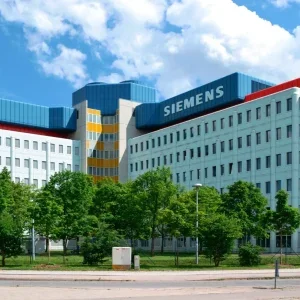
ADB stated that this tranche 3 loan is part of the $350m multitranche financing facility for Himachal Pradesh Clean Energy Transmission Investment Program approved by it in September 2011.
The program is aimed at developing and expanding the transmission network to evacuate clean and renewable power generated from the state’s hydropower sources to load centers within and outside the state.
The loan will also support the institutional capacity development of the state transmission utility, Himachal Pradesh Power Transmission Corporation Limited (HPPTCL), as the executing agency for this project.
Government of India, Ministry of Finance, Department of Economic Affairs, Additional Secretary, Sameer Kumar Khare said: “This particular loan will help Himachal Pradesh to benefit electricity consumers in the state and throughout northern India by increasing the transmission system capacity for inflow of the hydropower generated in the state into India’s national grid.”
ADB Country Director for India Kenichi Yokoyama said: “This last tranche under the MFF will help sustain confidence among existing and potential hydropower developers about the availability of sufficient transmission capacity for evacuation of power from hydropower generation sources in Himachal Pradesh.”
Separately, the Asian Development Bank had also agreed to provide $169m of loan to improve water and sanitation services in the southern state of Tamil Nadu. This loan is the first tranche of up to $500m in multitranche financing to develop climate-resilient water supply, sewerage and drainage infrastructure across 10 cities in the state.
It is said that though the state is one of the most urbanized states in the country, yet the urban service levels remain low, with less than half of households being served by piped water, only 42% of households are covered by sewerage network and 43% of sewage disposed into waterways untreated.
With the loan, 10 cities including Chennai, Coimbatore, Rajapalayam, Tiruchirappalli, Tirunelveli, and Vellore will develop climate-resilient sewerage collection and treatment and drainage systems and install a solar-powered sewage treatment plant.
Smart water management systems will be installed, which can help reduce non-revenue water and strengthen operational efficiency.






